World's 25 most powerful countries from US to Egypt
Germany has moved up in the rankings while UK and Spain have both fallen one place
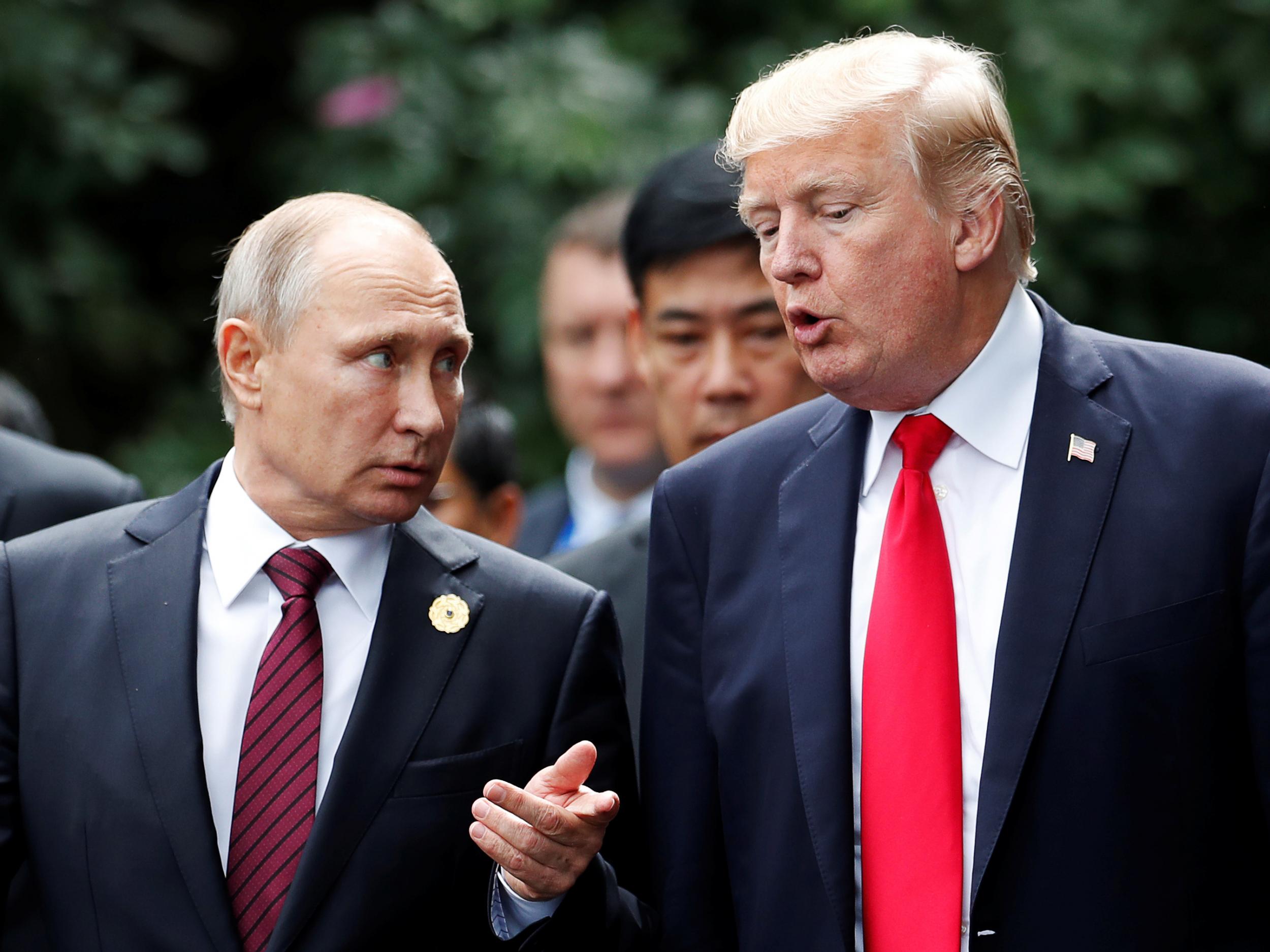
The US remains the world's most powerful country while others have seen their positions fall amid rising instability, according to this year's global power rankings.
Published by US News and World Report, they look at how the influence of a nation, as well as its political, economic, and military power.
They come as part of the media organisation's annual “Best Countries” study, which evaluated 80 countries based on responses from 21,000 people.
Here are the 25 most powerful nations, according to this year's rankings.
25. Egypt
US News describes Egypt as “one of the world’s earliest and greatest civilisations.”
Most of the country's economic activities take place along the Nile River Valley. Tourism, manufacturing, and agriculture are important industries, but political uncertainty has slowed economic growth.
24. Singapore
Singapore has one of the world's busiest ports and US News describes it as a “bustling metropolis.” The country has experienced huge economic and population growth in recent years.
23. Spain
Spain has fallen one place since last year, as its economy continues to falter and unemployment remains high.
A crisis caused by Catalonia voting for independence created more instability in the country, which is known for its art and culture and is very popular with tourists.
22. Pakistan
Pakistan has fallen by two places as instability, corruption and the conflict with India continues. The country is one of the world's youngest, with the majority of citizens aged under 22.
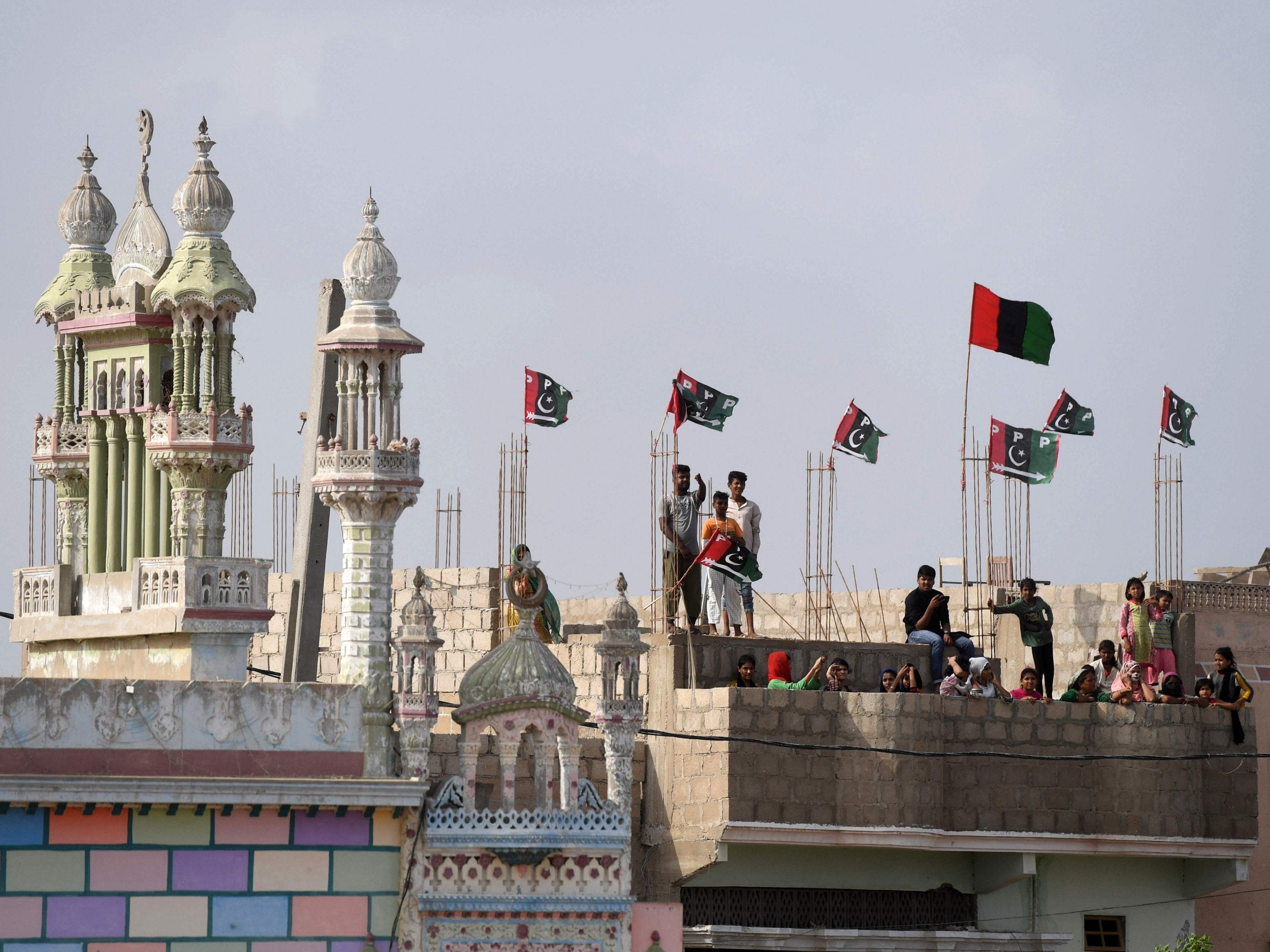
21. The Netherlands
Known as a very tolerant country, the Netherlands has increasingly been grappling with the issue of immigration. The high-income nation is the one of the world's leading agriculture exporters.
The International Court of Justice and the International Criminal Court are headquartered in The Hague.
20. Qatar
Qatar has risen three places since last year, with oil and gas making it one of the world's wealthiest countries. It has a high standard of living, and its media is among the freest in the Middle East.
In 2022, it will be the first Middle Eastern country to host the World Cup, although charities have criticised the country for deaths on construction sites and what they say is forced labour.
19. Sweden
Its commitment to human rights and sustainability has made Sweden a respected international leader. With free college and healthcare, the country has one of the world's longest life expectancies.
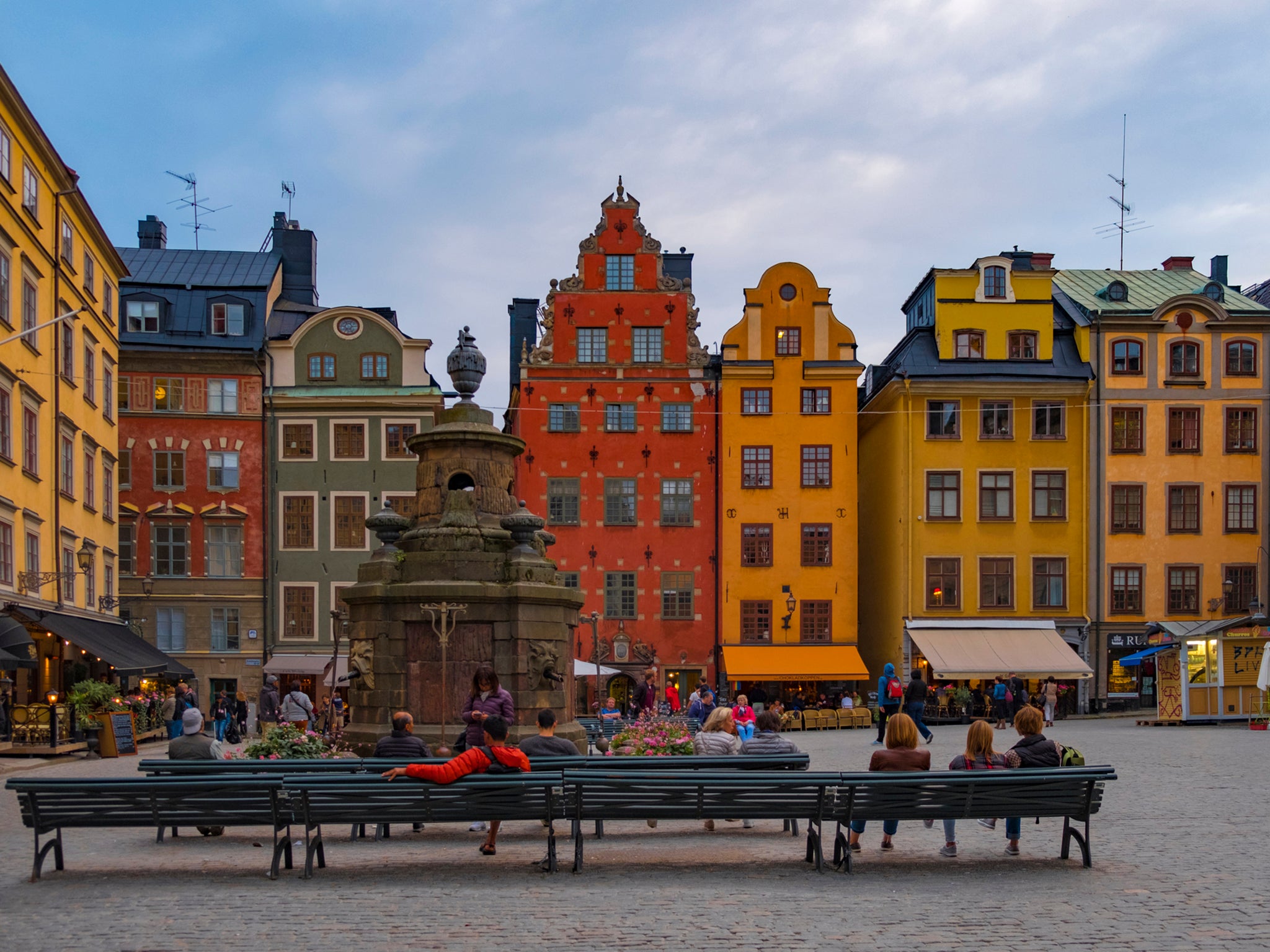
18. Italy
Political turmoil from Europe's migrant crisis led to an increase in populism in Italy, a new government, and the potential for a future financial crisis.
But the economy remains one of the largest in the Eurozone and US News note its strong cultural influence on the world, from art to food.
17. Switzerland
A small country known for its neutrality, Switzerland has one of the highest GDPs per capita in the world. Swiss people have won more Nobel Prizes and registered more patents per capita that most other nations.
16. Australia
A wealthy nation, Australia has a high life expectancy and ranks highly for quality of life.
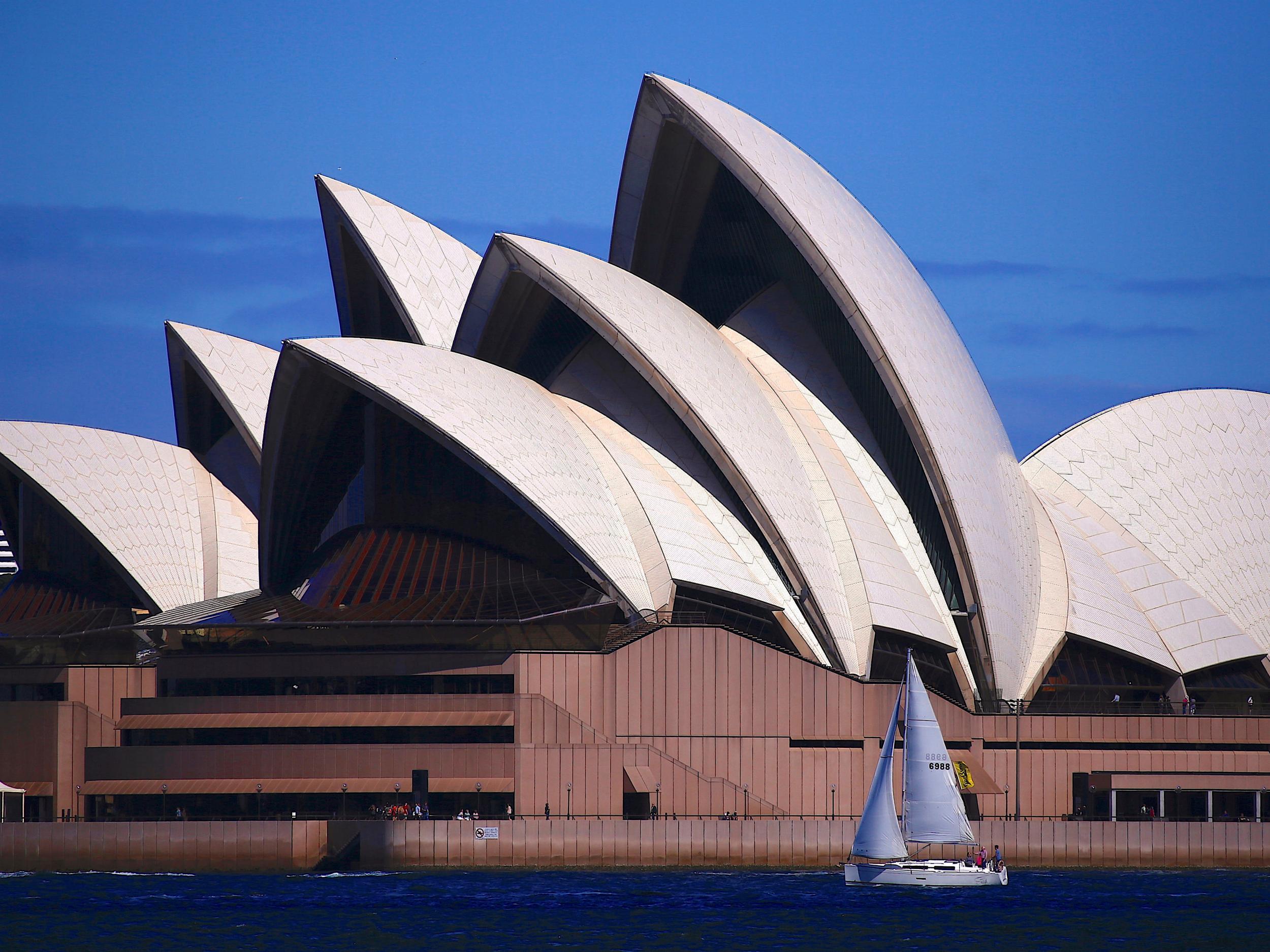
15. India
India is the world's largest democracy and until recently had one of the fastest-growing economies. But it is also one of the world's poorest countries, with a population of 1.3 billion people. It has become an important center of IT services and is known for stunning architecture.
14. Turkey
Turkey has been affected by years of regional fighting and terrorism, including an unsuccessful military coup in 2016. It sits at the border between Europe and the Middle East, where conflicts also rage in neighbouring countries.
The OECD expects Turkey to be one of its fastest-growing members in coming years.
13. Iran
Iran has moved up in the list compared to 2017. The country, which has one of the largest economies in the Middle East and is of interest to global powers thanks to its oil reserves. It is governed by an authoritarian regime and has been criticised for repressing its people.
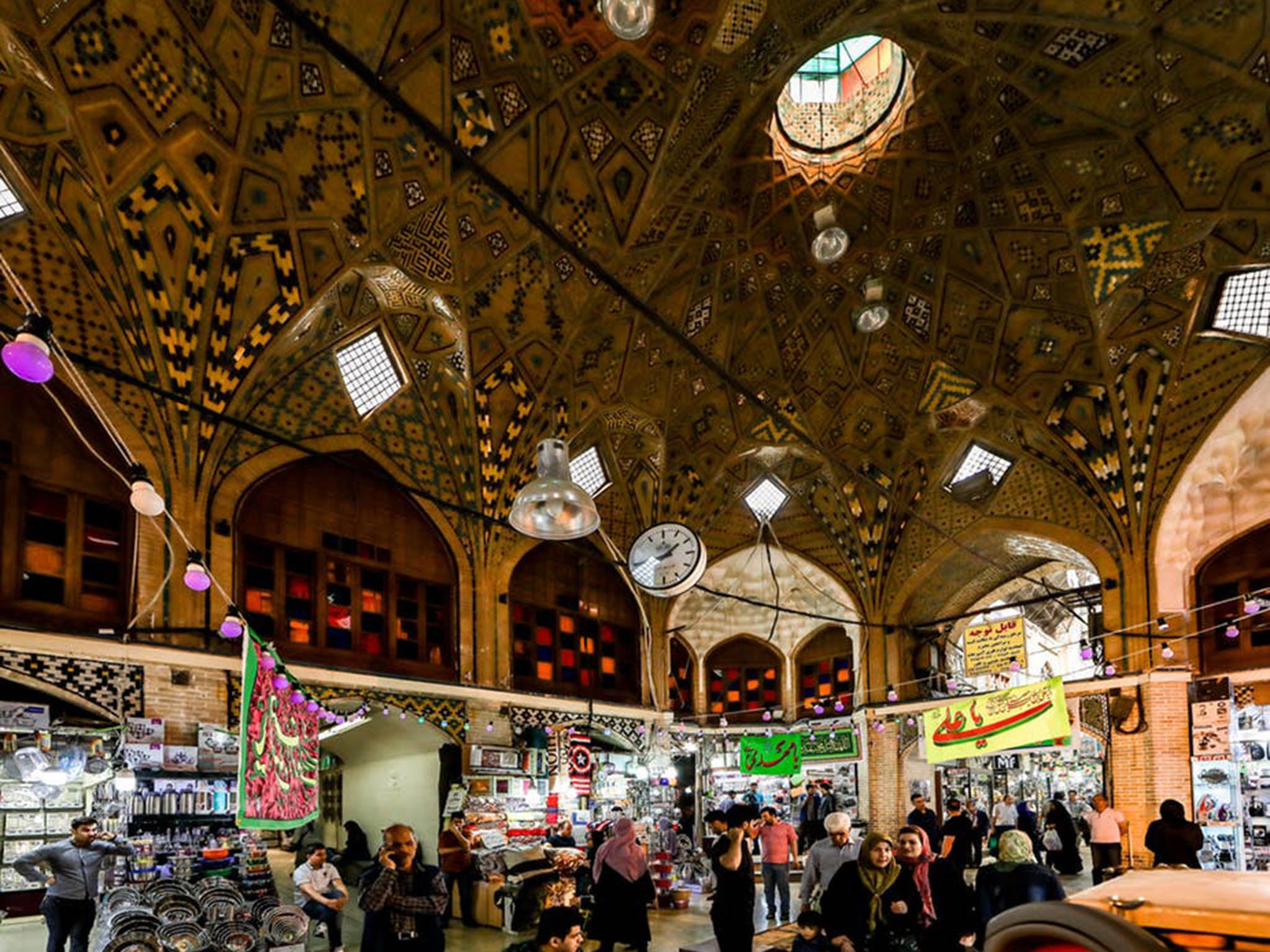
12. Canada
The second-largest country in the world, Canada is a significant energy exporter and has large oil reserves. The country has a policy of multiculturalism, which prime minister Justin Trudeau has recently used to contrast the country with the neighbouring US, where racial tensions have been increasing.
11. South Korea
South Korea has become the world's seventh-largest exporter, thanks largely to foreign investment. Conflict with North Korea has meant that it receives support from the world's superpowers.
10. The United Arab Emirates
Oil exports have allowed the UAE to have a GDP on par with the leading Western nations, according to the CIA's World Factbook. The country is one of the most liberal in the region.
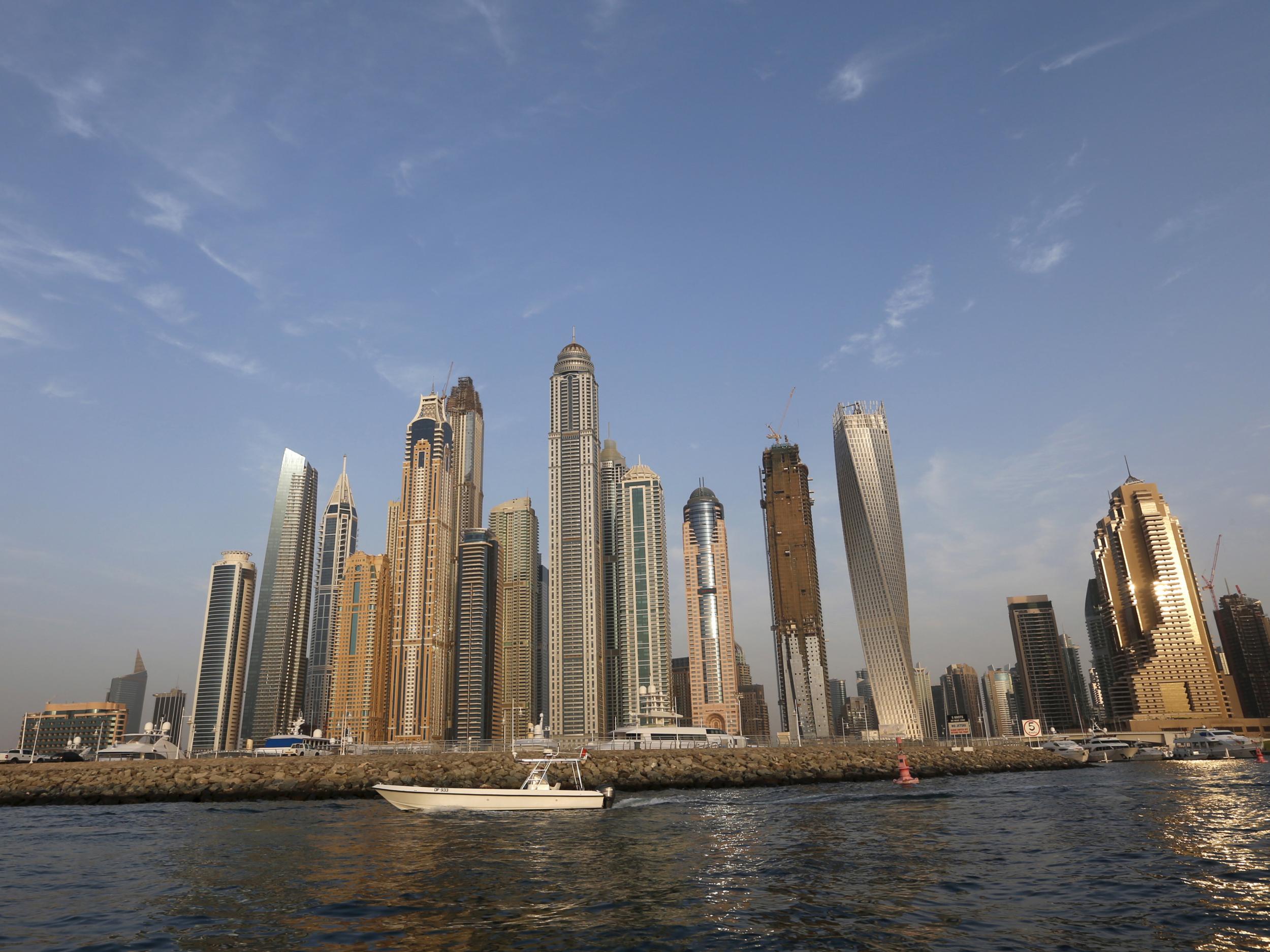
9. Saudi Arabia
Saudi Arabia has most of the wealth and land of the Arabian Peninsula within its borders. It has special status within the Muslim world as the home of Mecca, and its oil reserves have let it become one of the wealthiest nations in the Middle East. The country has started to loosen of some its long-standing restrictions on women, such as driving.
8. Israel
Despite its strained relationship with many of its neighbours and its population of only eight million, Israel has a large presence on the global stage, thanks in part to its close relationship with the US. Despite the Palestinian conflict, the country has a strong economy.
7. Japan
Japan is one of the world's most technically advanced nations and has the world's third-largest economy. The country is among the world's biggest producers of cars, electronics, and steel, and it recently invested more heavily in its military amid escalating tensions with North Korea.
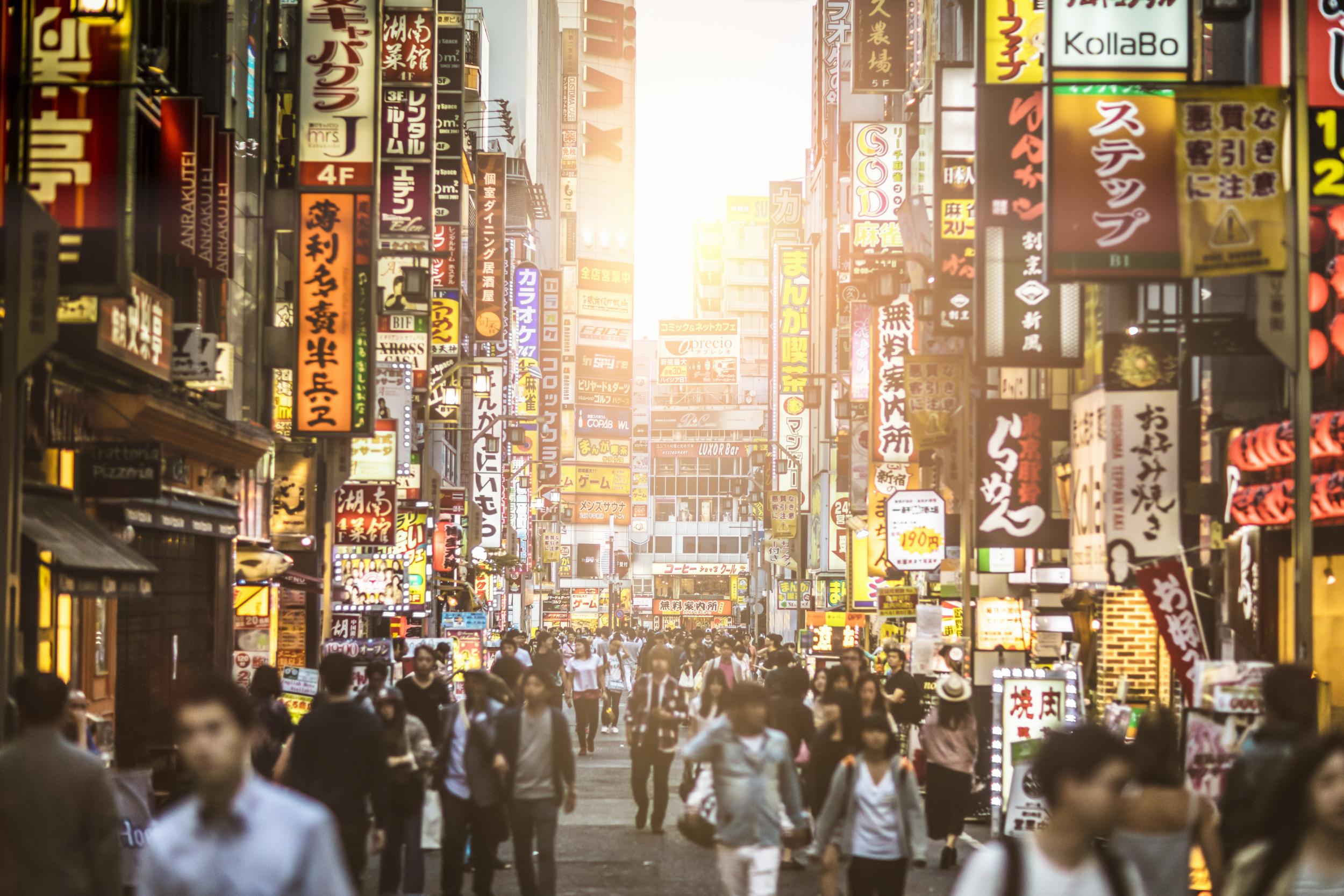
6. France
France has one of the world's largest economies and is often listed as the world's most-visited country. But it has been faced with a rise in terrorism and shifting public attitudes to immigration, while joblessness has been hitting the country's youth.
5. United Kingdom
The United Kingdom has fallen one place since the 2018 rankings as anxiety increases about its role on the global stage after its vote to leave the European Union (EU). London is a major financial centre and the influence the country gained through the British Empire still boosts its global clout.
4. Germany
Germany has moved up in this year's rankings, overtaking the United Kingdom. The most populous nation in the EU, the country also has one of the world's largest economies.
The political leadership has been challenged over its open-door policies for migrants, and Chancellor Angela Merkel's poor showing in the 2017 elections weakened her position.
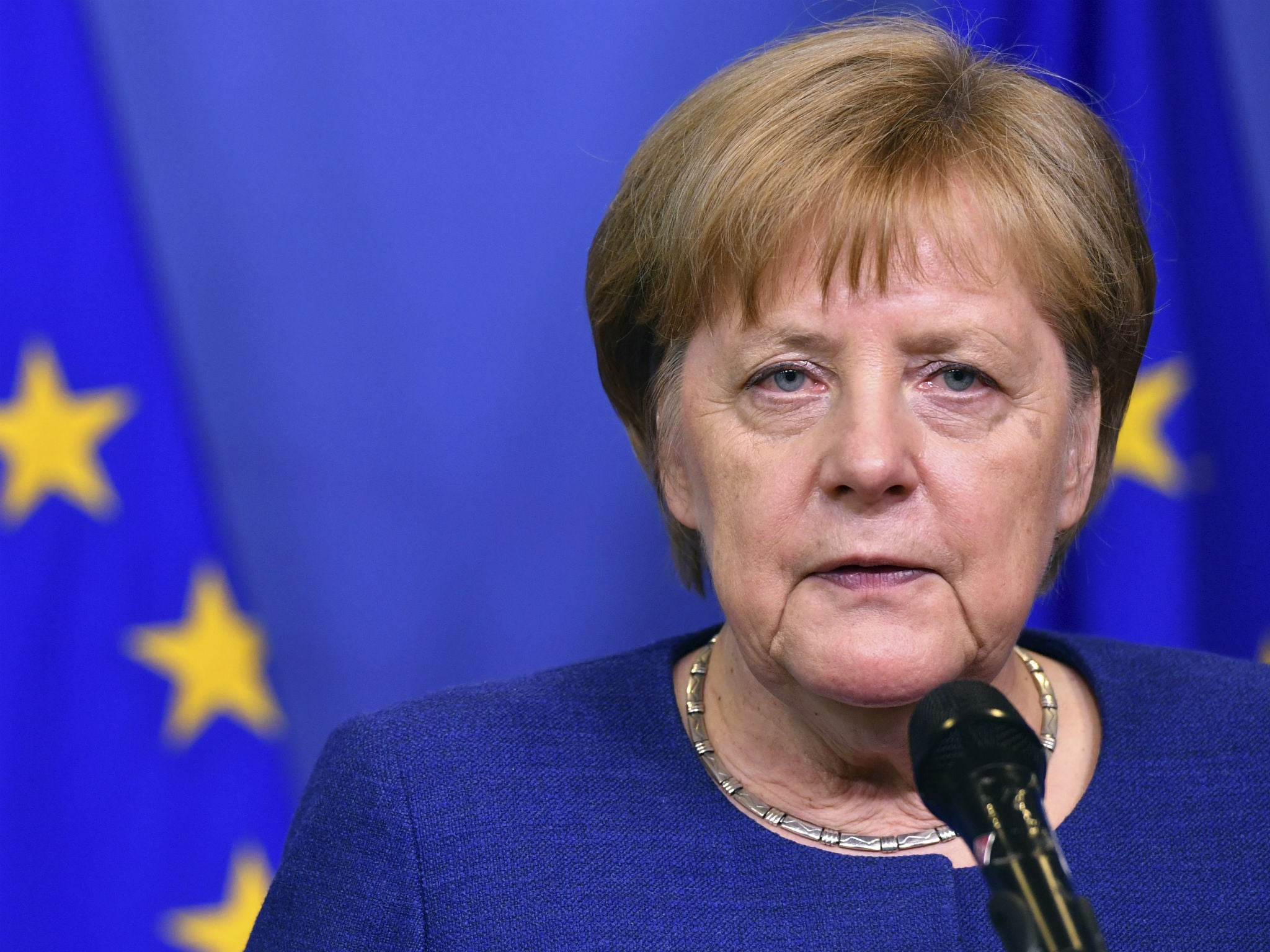
3. China
China has seen rapid economic progress, but many still live below the nation's official poverty level, The World Bank states. Its growing global influence has meant the country has come under more criticism for its human rights policies, including censorship and limited media freedom.
2. Russia
The world's largest country by landmass also has one of the world's largest economies. Russia invests heavily in military power – it spent 5.4 per cent of its GDP on defence in 2016 – and tensions between and Western nations have increased over issues such as the 2014 annexation in Crimea and interference in the 2016 US presidential election.
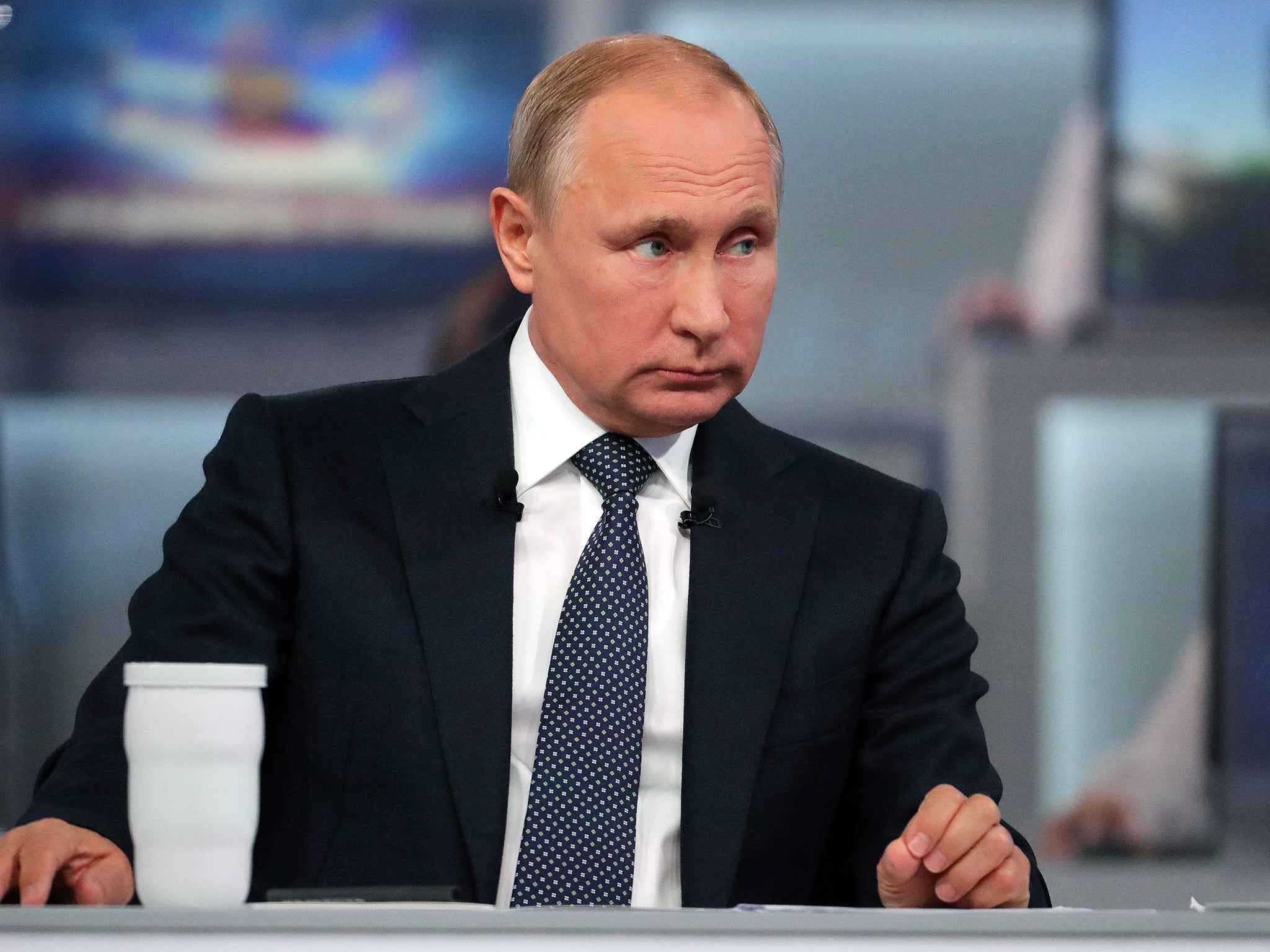
1. United States
The country is the world's dominant economic and military power, and its cultural imprint covers the world. The US has also traditionally taken a leading international role, such as in organisations like Nato and the UN. But domestic challenges, including racial tensions, inequality, and a divided electorate, are harming the country.
Business Insider
Join our commenting forum
Join thought-provoking conversations, follow other Independent readers and see their replies
Comments
Bookmark popover
Removed from bookmarks